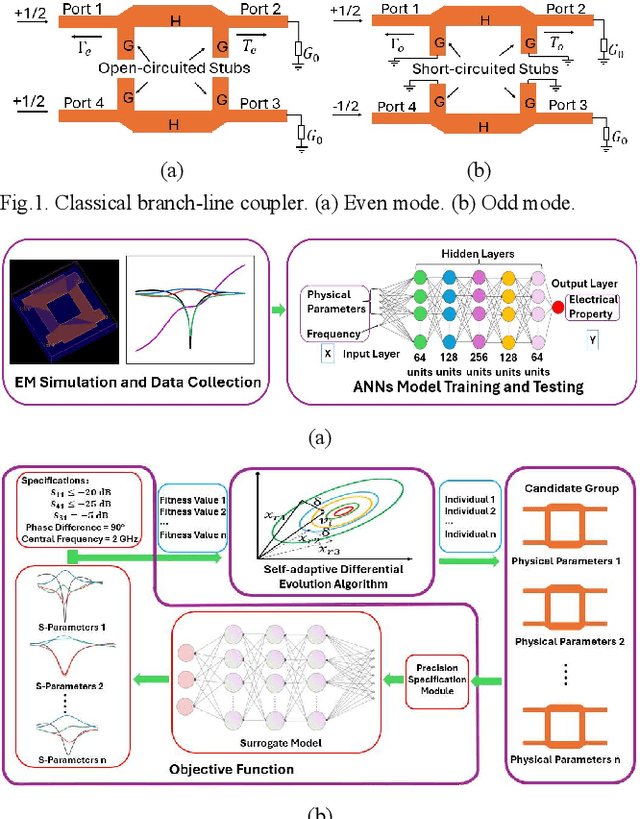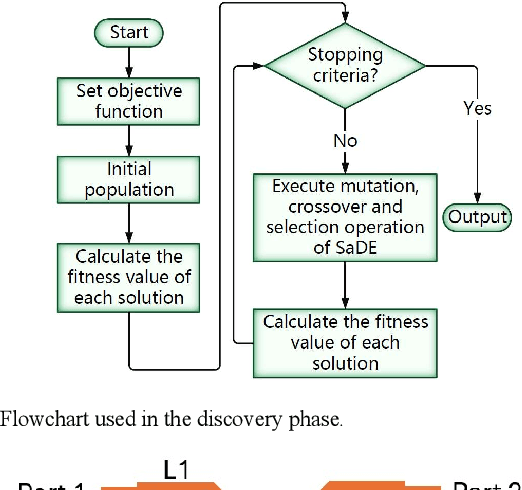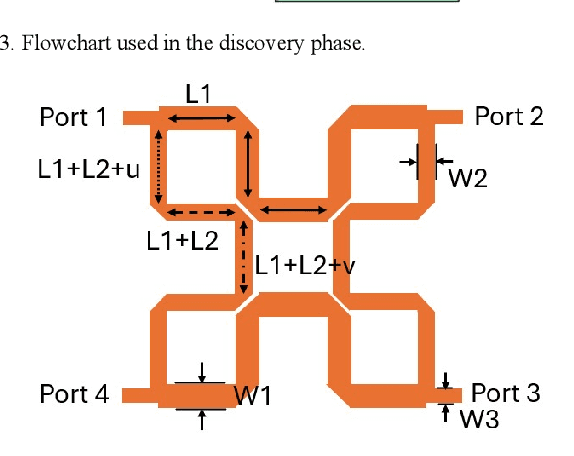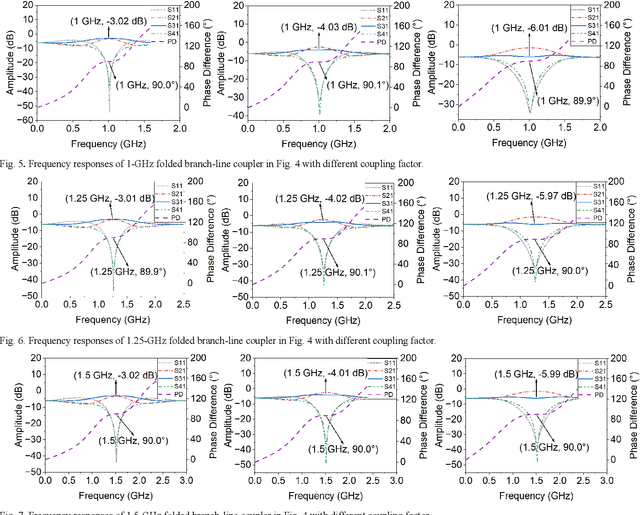Roberto Gómez-García
ANNs-SaDE: A Machine-Learning-Based Design Automation Framework for Microwave Branch-Line Couplers
Mar 31, 2025



Abstract:The traditional method for designing branch-line couplers involves a trial-and-error optimization process that requires multiple design iterations through electromagnetic (EM) simulations. Thus, it is extremely time consuming and labor intensive. In this paper, a novel machine-learning-based framework is proposed to tackle this issue. It integrates artificial neural networks with a self-adaptive differential evolution algorithm (ANNs-SaDE). This framework enables the self-adaptive design of various types of microwave branch-line couplers by precisely optimizing essential electrical properties, such as coupling factor, isolation, and phase difference between output ports. The effectiveness of the ANNs-SaDE framework is demonstrated by the designs of folded single-stage branch-line couplers and multi-stage wideband branch-line couplers.
 Add to Chrome
Add to Chrome Add to Firefox
Add to Firefox Add to Edge
Add to Edge